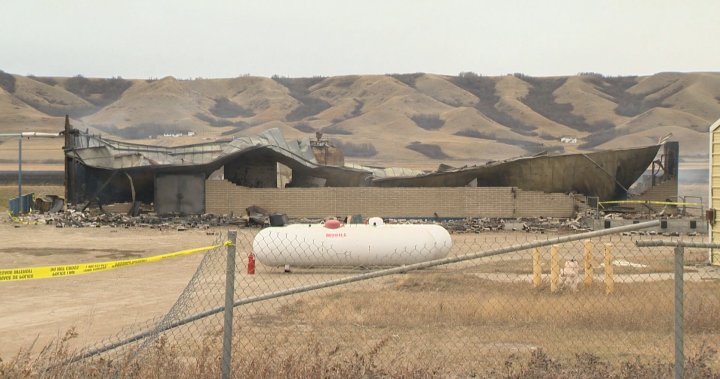As Quebec says it will “go on the offensive” to protect French, announcing a whopping $600 million over five years on Sunday, some critics say the data the government is using lacks some nuance and that the province is “policing the private sphere.”
At a press conference, Quebec French Language Minister Jean-François Roberge said the government’s mission is to bolster the vitality of the French language with the help of several measures, some of which have already been announced and some already in place, with a price tag of $603 million.
Roberge said the province’s “action plan” is to counter what the government is calling a decline of the use of the language. “It’s important to mention that we are no longer defending the French language,” the minister said. “We’re going on the offensive, not against anyone, but to regain lost ground and reverse the decline.”
But some critics like constitutional rights lawyer Julius Grey told Global News on Monday that French is actually not on the decline.
Grey says he, like most Quebecers, doesn’t have a problem with the provincial government wanting to protect it. But what he does take issue with, he says, is the reason, or lack thereof, behind the move.
Sylvia Martin Laforge from the Quebec Community Groups Network (QCGN) agrees, telling Global the organization believes the protection and promotion of French in the province are both important, but that the government isn’t using the right statistics to argue the decline.
She told Global News that the stats the government relies on and that are presented to the public should be interpreted with more nuance, and different data tell different stories.
The email you need for the day’s
top news stories from Canada and around the world.
“According to the Office québécois de la langue française (OQLF)’s report from this past April, the proportion of Quebecers using French in the public sphere has been stable for over a decade, since 2007, at about 80 per cent,” Martin Laforge said.
“And actually, the proportion of people who prefer to use English in the public sphere has actually dropped by two percentage points over the same time period,” she said.
While the 2021 census data does show that the number of people speaking French in the home has slipped from 83 per cent to 79 per cent from 2016 to 2021, she says the government should be concerned with the public sphere rather than the private — which some argue is a government overreach.
“The stats must be nuanced in what we are measuring and we need to look at the coercive measures being used. Coercive measures to get people to speak French in their private homes and private lives are not OK.”
The percentage of Quebec residents whose first language was English, however, did rise to 13 per cent from 12 per cent in the same period, according to Statistics Canada.
To tackle this, the measures that the Quebec government announced include monitoring language trends, improving students’ mastery of the language and boosting the French cultural offering.
Several of the measures are also linked to immigration, including increasing the percentage of economic immigrants who speak French and speeding up permanent residency for international students who graduate from francophone programs.
Where the money is going
Of the $603 million, more than half — $320 million — will be spent on teaching French to temporary immigrant workers and asylum seekers.
$187 million will go toward increasing “Francophone cultural offering” and making it more accessible. That will include funding for Quebec cultural productions, said the province’s culture minister, to counter the domination of mainly-English digital platforms.
Another $64.9 million will be dedicated to improving the teaching of French to students — of which Education Minister Bernard Drainville said a portion will go toward English school boards (the amount is still unknown).
The province announced it will also change how it measures the state of the French language in the province, by spending $18 million on a new digital report card of sorts that will monitor the evolution of language data on a yearly basis.
Other measures include previously-announced commitment to raise tuition by 30 per cent for out-of-province Canadians and force universities to ensure most of those students are proficient in French when they graduate.
The government has also said it will impose stronger French-language requirements for temporary workers and permanent immigrants from the economic stream.
— with files from The Canadian Press and Felicia Parrillo, Global News
© 2024 Global News, a division of Corus Entertainment Inc.



